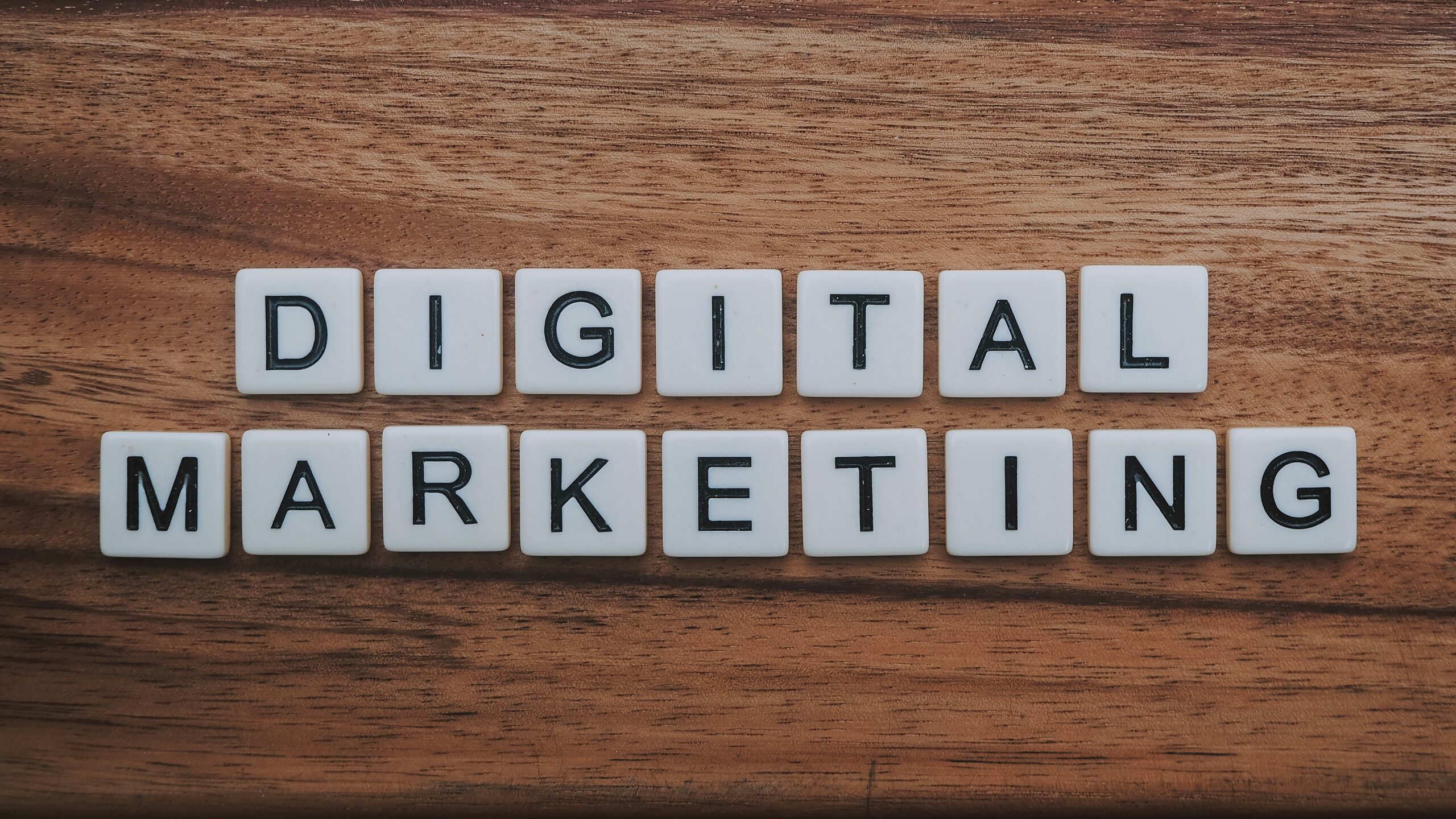What is Digital Marketing?
Digital marketing refers to the use of digital technologies, such as the internet, mobile devices, social media, search engines, and other digital channels, to promote products or services and reach a target audience. It encompasses various online marketing strategies and tactics that businesses use to connect with customers and drive sales.
In simple terms, digital marketing is the promotion of products or services using digital channels and technologies. It involves leveraging online platforms to create awareness, generate leads, increase website traffic, and ultimately convert prospects into customers.
Unlike traditional marketing methods, which rely on print media, television, radio, and direct mail, digital marketing allows businesses to reach a wider audience at a fraction of the cost. It provides a more targeted and measurable approach, enabling companies to track and analyze their marketing efforts in real-time.
With the increasing reliance on digital technologies and the internet, digital marketing has become an essential component of any successful marketing strategy. It offers numerous benefits and opportunities for businesses to connect with their target audience and achieve their marketing objectives.
One of the key advantages of digital marketing is its ability to reach a global audience. With the internet connecting people from all over the world, businesses can now market their products or services to customers in different countries and regions. This opens up new markets and revenue streams for companies, allowing them to expand their reach and grow their business.
Another benefit of digital marketing is its cost-effectiveness. Traditional marketing methods can be expensive, especially for small businesses with limited budgets. Digital marketing, on the other hand, offers a more affordable alternative. With online advertising platforms, businesses can set their own budget and only pay for the results they achieve. This allows companies to maximize their return on investment and allocate their marketing budget more efficiently.
Furthermore, digital marketing provides businesses with valuable data and insights. Through analytics tools and tracking technologies, companies can gather data on customer behavior, preferences, and demographics. This information can then be used to tailor marketing campaigns and messages to specific target audiences, increasing the chances of engagement and conversion.
In addition to these benefits, digital marketing also offers a level of personalization and interactivity that traditional marketing cannot match. With social media platforms and email marketing, businesses can engage with customers on a one-on-one basis, building relationships and fostering loyalty. This direct communication allows companies to address customer concerns, answer questions, and provide personalized recommendations, ultimately enhancing the customer experience.
In conclusion, digital marketing is a powerful tool that businesses can utilize to reach their target audience, drive sales, and achieve their marketing objectives. With its ability to reach a global audience, cost-effectiveness, data-driven approach, and personalization capabilities, digital marketing has revolutionized the way companies promote and sell their products or services. As technology continues to advance and consumer behavior evolves, digital marketing will continue to play a crucial role in the success of businesses in the digital age.

